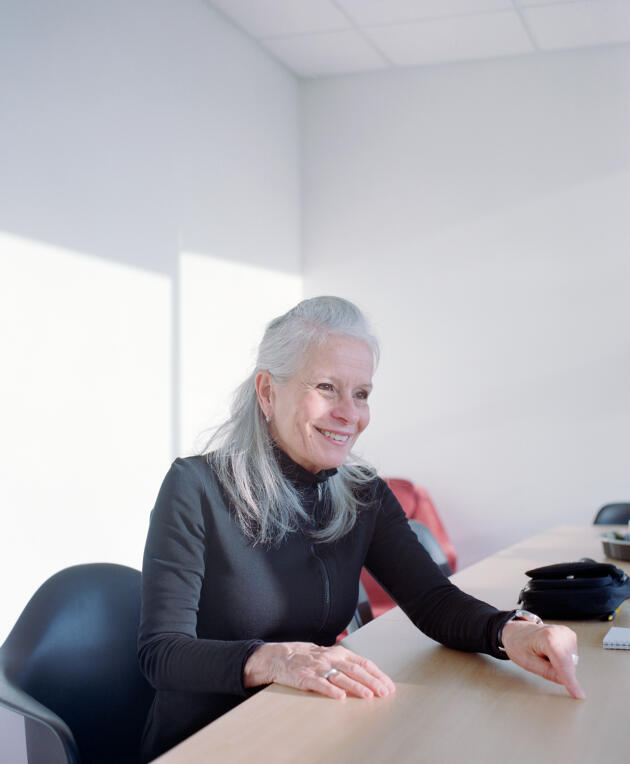Making people laugh is work. A few days before the presentation of their end-of-year show, on December 12 at Club Soda, one of Montreal’s legendary cabarets, the students of the National School of Humor (ENH) are refining their sketches. In a rehearsal room plunged into darkness, to get in the mood for the big night, a couple coo to a sweet love song to the sound of an out-of-tune ukulele. When, suddenly, the young woman breaks the spell and leaves her discomfited partner. ” I am a lesbian “, she exclaims, running away with her ” blonde hair “ (“girlfriend”, in Quebecois).
The surprise effect works, but, on stage, apprentice comedians Audrey Saurette and Frédéric Madore think of a way to strengthen their fall. “What if you chased her with your ukulele, whispering “are you sure this is forever?” “, suggests one of their comrades. The duo goes backstage, makes their entrance again and tests the new version. Adopted unanimously to bursts of laughter and applause from the two teachers who supervise the young troop.
The “2024 vintage” of students, who will leave school in June, is, for the third year in a row, equal: six boys and six girls between 21 and 41 years old. The director, Louise Richer, founder, in 1988, of this conservatory of humor, unique in the world for the state diploma it issues, is very proud to have accompanied this slow movement of feminization of a medium long considered as a boys club misogynist. In the years to come, these twelve students are called to become the next generation on the Quebec stage, in a province where humor has become, like their sketches, less of a bite to society than an introspection of the torments of each.

White hair and adolescent laughter, Louise Richer, 70, remembers with mischief the nonsense she heard when the idea came to her, in the mid-1980s, to form “professionals” of humor. In the premises of her establishment, perched on the seventh floor of a soulless office building, bordering a major Montreal boulevard, but with a 360-degree view of the city, she enjoys imitating the warnings of one and all. others. “But, finally, Louise, humor is innate: we either have it or we don’t! Humor cannot be learned. » To which young Louise tirelessly replied: “And music can’t be learned? And painting, and cinema, is it innate? » “This above all denoted the lack of consideration for this art considered minor, she says, thirty-five years later. We also had to wait until 2022 for the Conseil des arts et des lettres du Québec to recognize humor as a discipline in its own right. »
You have 80% of this article left to read. The rest is reserved for subscribers.
